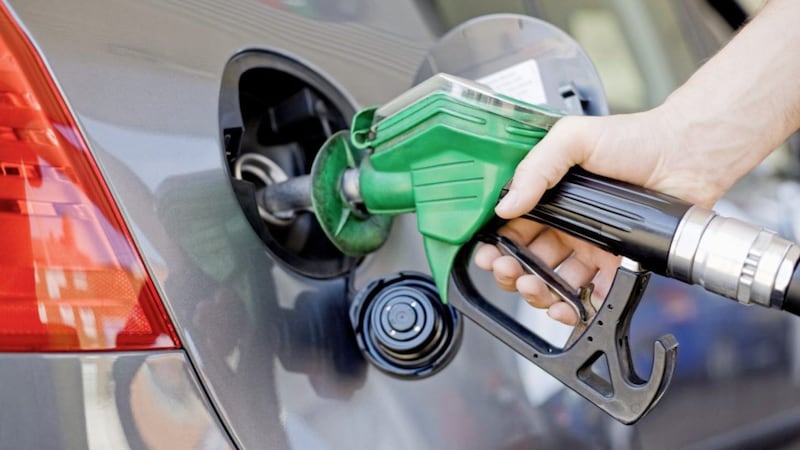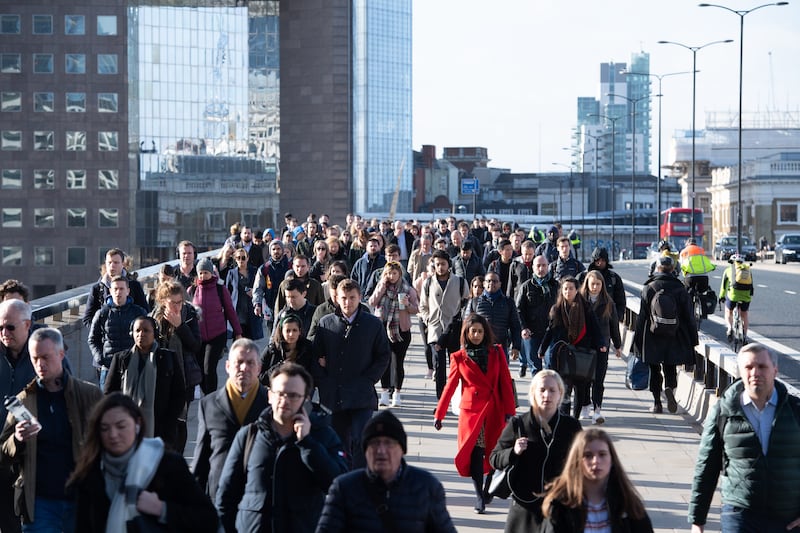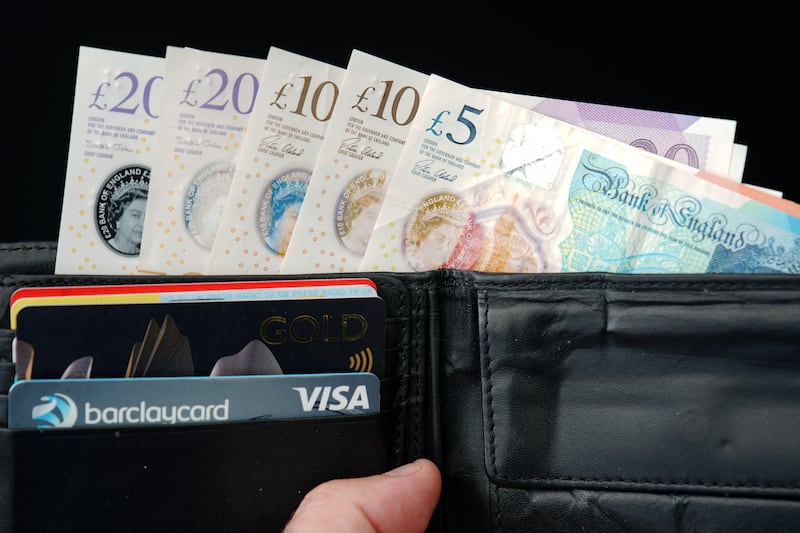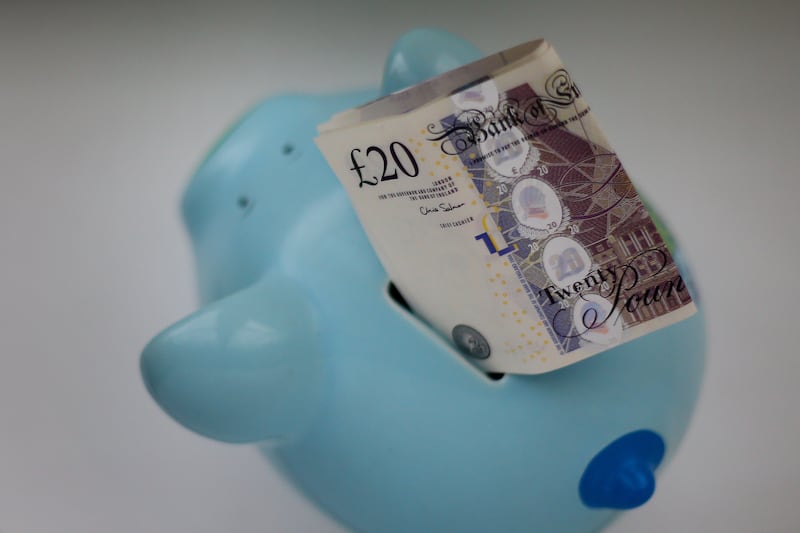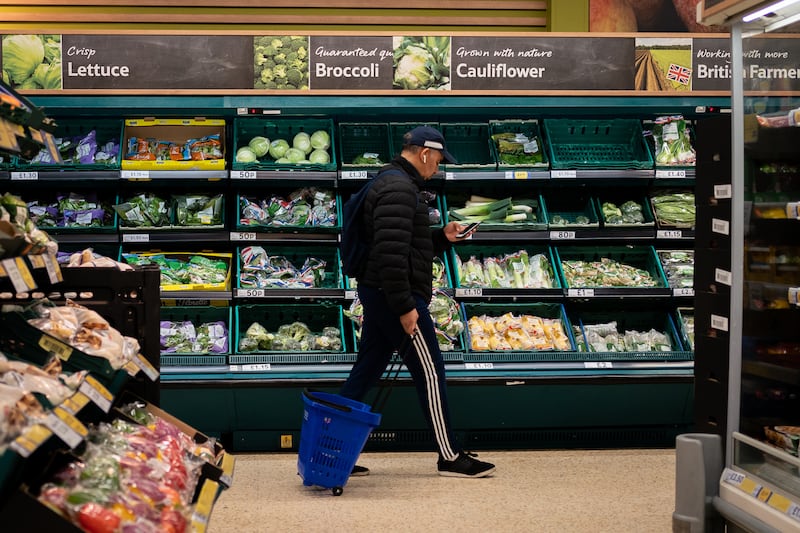A DROP in petrol prices and air fares has led to inflation falling to its lowest level in two years.
Figures from the Office for National Statistics (ONS) show the Consumer Prices Index (CPI) fell to 2.1 per cent in December from 2.3 per cent the previous month.
The December inflation rate is the lowest recorded since January 2017, but had been widely expected by economists. The rate is now within touching distance of the Bank of England's 2 per cent target
The decline in inflation was attributed to the recent collapse in oil prices which pulled down petrol prices and air fares.
The ONS said air ticket prices rose between November and December, but by less than a year ago.
At the pumps, the price of petrol fell by 6.4p per litre on the month to 121.7p, which was the lowest price since April. Diesel declined by 4.6p to 131.9p per litre, the weakest since July.
Low petrol prices and air fares in December were slightly offset by rises in various categories, including accommodation services, mobile phone charges, games, toys and hobbies and food.
The ONS said most goods and services lifted inflation, apart from clothing and footwear, which had a small downward pull on the rate, with prices falling by 0.9 per cent in the year to December.
Danske Bank chief economist, Conor Lambe said the fall in inflation is welcome news for consumers.
"When coupled with recent strong data on wage growth, this decline in the rate of inflation offers further support to consumer spending power as it continues its gradual recovery," he said.
“However, while this data can be viewed as positive news, it is important to recognise the high degree of uncertainty that currently exists around the Brexit process. The future paths of inflation, consumer confidence and household spending are all likely to be impacted by how the Brexit process unfolds in the weeks and months ahead.”
Ulster Bank chief economist, Richard Ramsey expects the inflation to continue to fall in the year ahead.
"In the near-term, CPI inflation looks set to fall below the Monetary Policy Committee’s 2 per cent target in January with the annual pace of consumer price rises set to slow to 1.3 per cent /1.4 per cent by Q4 2019," he said
"Against this backdrop and given the growing risks of a global slowdown coupled with the near-term concerns surrounding Brexit, the Bank of England isn’t going to be in a hurry to raise interest rates. 2019 could well see the Monetary Policy Committee sit on its hands and keep its Bank Rate at 0.75 per cent," Mr Ramsey added.
The Retail Prices Index (RPI), a separate measure of inflation, was 2.7 per cent last month, down from 3.2 per cent in November.
The Consumer Prices Index including owner-occupier housing costs (CPIH) - the ONS's preferred measure of inflation - was 2 per cent, down from 2.2 per cent in November.
